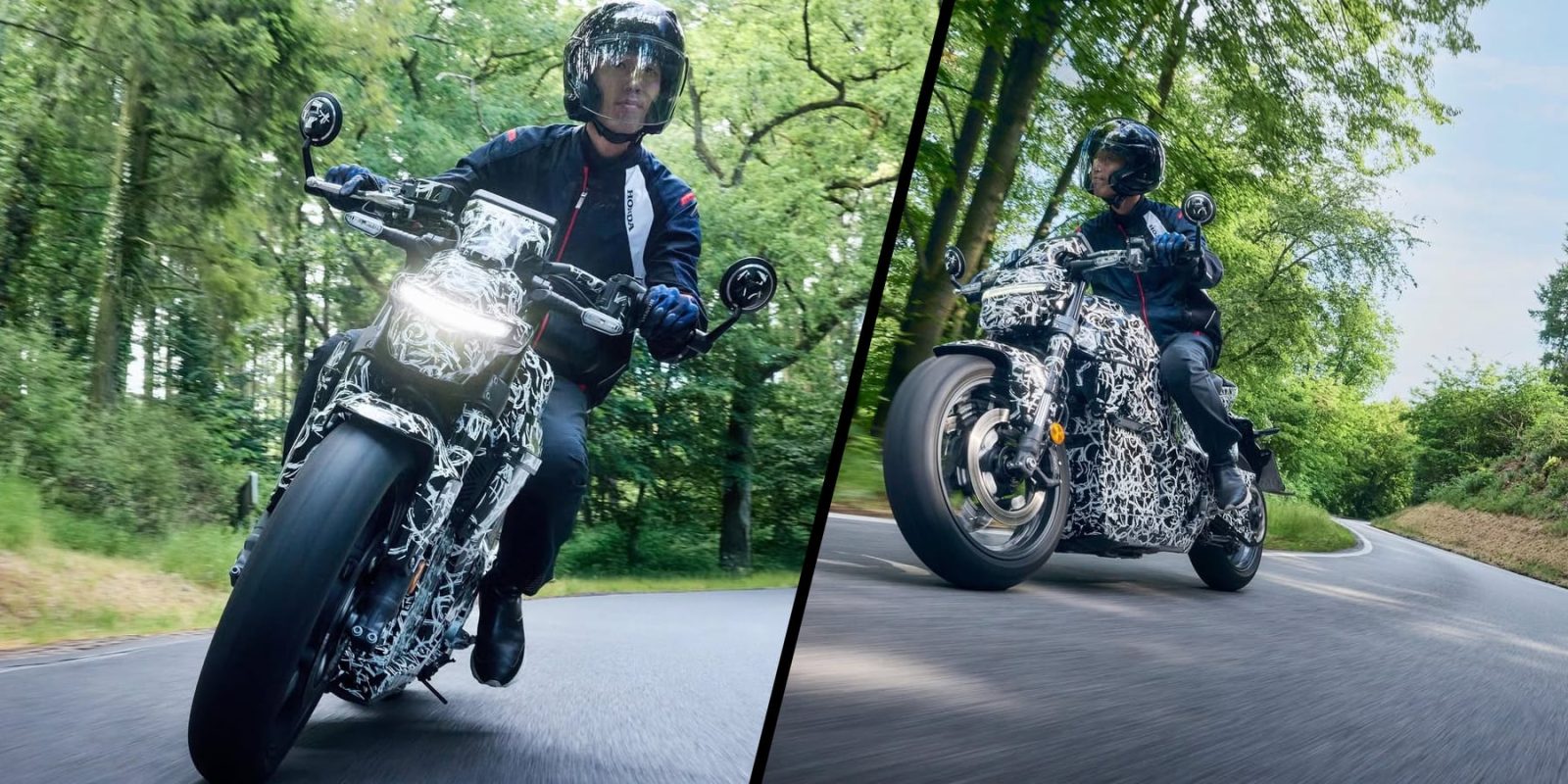Honda is poised to revolutionize the electric motorcycle market with its upcoming full-size model featuring industry-leading fast charging capabilities. After years of anticipation, the manufacturer has confirmed a September 16th reveal that promises to showcase the production version of last year's tantalizing EV Fun concept. This development marks a significant milestone in electric two-wheeler technology and infrastructure.
Key Highlights
- Reveal Date: September 16, 2023
- Fast Charging Technology: Industry-first implementation for motorcycles
- Production Model: Based on the previously shown EV Fun concept
- Market Position: Targets both urban commuters and performance enthusiasts
The Dawn of a New Era in Electric Motorcycling
Honda's entry into the full-size electric motorcycle segment represents a watershed moment for the industry. While electric scooters and smaller motorcycles have gained traction in urban environments, the absence of fast-charging technology has limited the adoption of larger electric motorcycles for longer journeys. Honda's implementation of rapid charging capabilities addresses one of the most significant barriers to electric two-wheeler adoption, potentially transforming how riders approach electric motorcycle ownership and usage.
Technical Innovations and Performance Expectations
The forthcoming motorcycle is expected to build upon the foundation laid by the EV Fun concept, which showcased Honda's vision for enjoyable, accessible electric mobility. Industry analysts predict the production model will feature a sophisticated battery management system capable of handling high-speed charging without compromising battery longevity. The fast-charging capability, likely compatible with existing automotive DC fast-charging networks, could enable charge times comparable to electric cars – potentially reaching 80% capacity in under 30 minutes.
Market Impact and Competitive Landscape
Honda's announcement places them in direct competition with established electric motorcycle manufacturers like Zero Motorcycles and Harley-Davidson's LiveWire division. However, Honda's massive manufacturing scale and global dealership network could give them a significant advantage in bringing electric motorcycles to mainstream audiences. The introduction of fast-charging technology specifically designed for motorcycles could set a new industry standard, forcing competitors to accelerate their own development timelines.
| Feature | Expected Specification | Market Comparison |
|---|---|---|
| Charging Time (0-80%) | ~30 minutes (estimated) | Significantly faster than current competitors |
| Range | 200+ km (city riding) | Competitive with premium electric motorcycles |
| Target Price | Mid-range premium segment | Positioned between entry-level and luxury models |
Infrastructure Implications and Future Developments
The success of fast-charging electric motorcycles depends heavily on charging infrastructure compatibility. Honda will likely need to work with charging network providers to ensure motorcycle-friendly charging stations. The company may also develop proprietary solutions or partnerships to create a seamless charging experience. This move could catalyze broader infrastructure development for electric two-wheelers, benefiting the entire industry and accelerating the transition to electric mobility.
Environmental Impact and Sustainability Goals
Honda's electric motorcycle initiative aligns with global sustainability trends and the company's own environmental targets. By electrifying their motorcycle division, Honda contributes to reducing urban emissions and noise pollution. The company has committed to carbon neutrality for all products and corporate activities by 2050, and this new electric model represents a significant step toward that goal in the two-wheeler segment.
Honda's September 16th reveal promises to be a landmark event in electric mobility, potentially reshaping the motorcycle industry's approach to electrification. By introducing fast-charging technology to two-wheeled transportation, Honda isn't just launching another electric vehicle – they're addressing the fundamental practical concerns that have hindered electric motorcycle adoption. This development signals a new chapter in motorcycle engineering that could accelerate the transition to sustainable transportation while preserving the riding experience enthusiasts cherish. The industry awaits with anticipation to see if Honda's offering will truly deliver on the promise of practical, enjoyable electric motorcycling for the masses.


